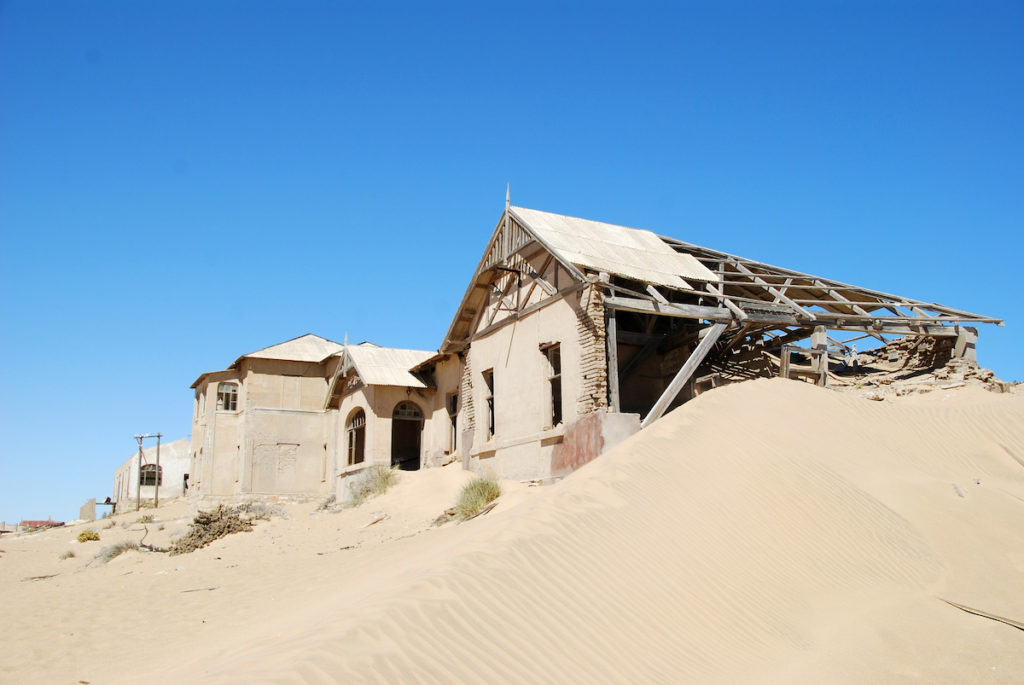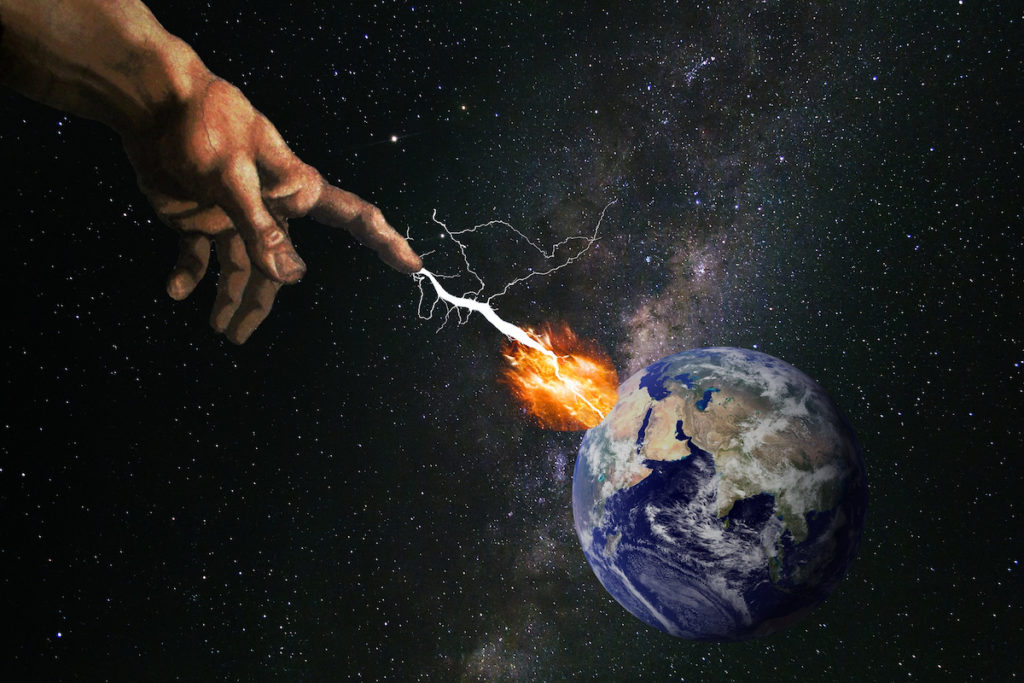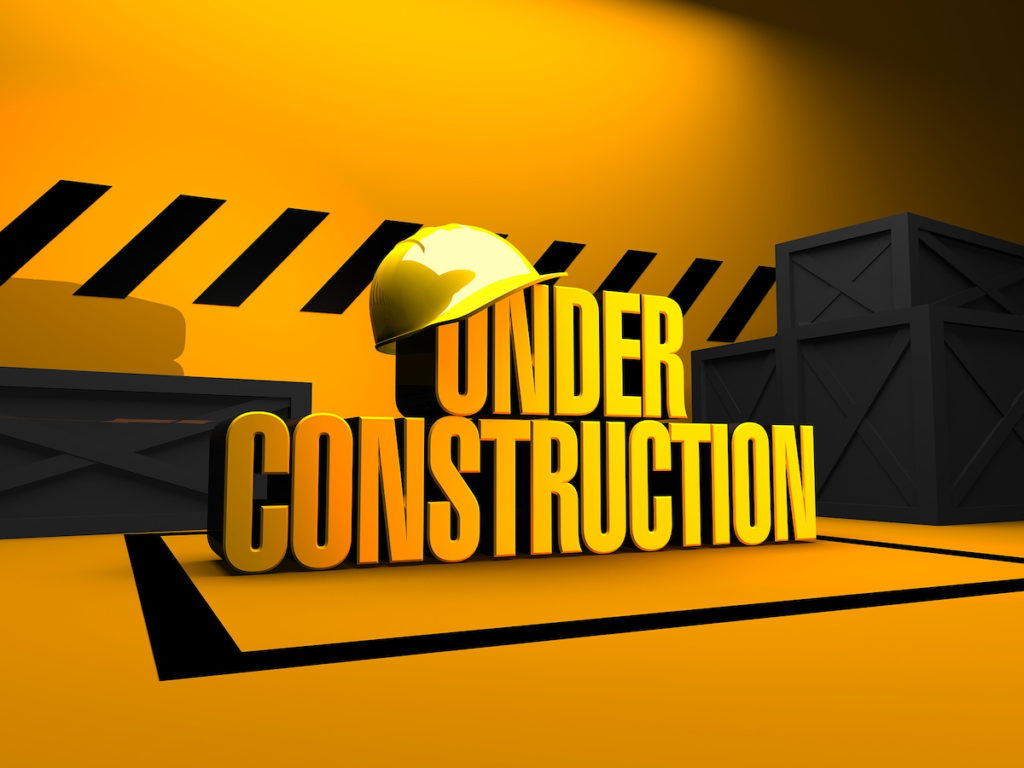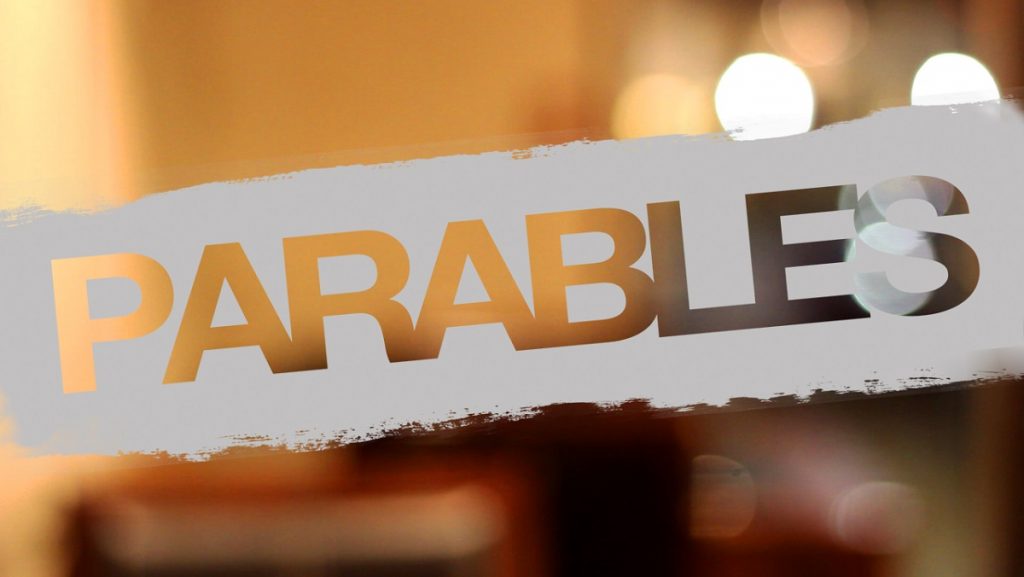The Great Commission and The End Times
The Great Commission and The End Times – Is the completion of one the beginning of the other? When the Great Commission has been fulfilled, will The End Times begin? Are we actually working to bring about the events in Revelation when we spread the Gospel? In a sense, even without tying the two together, every second that passes by is bringing us one second closer to The End Times. It’s just a fact of time. The question is one of whether there’s a Biblical link between the two.
The Great Commission and The End Times More










